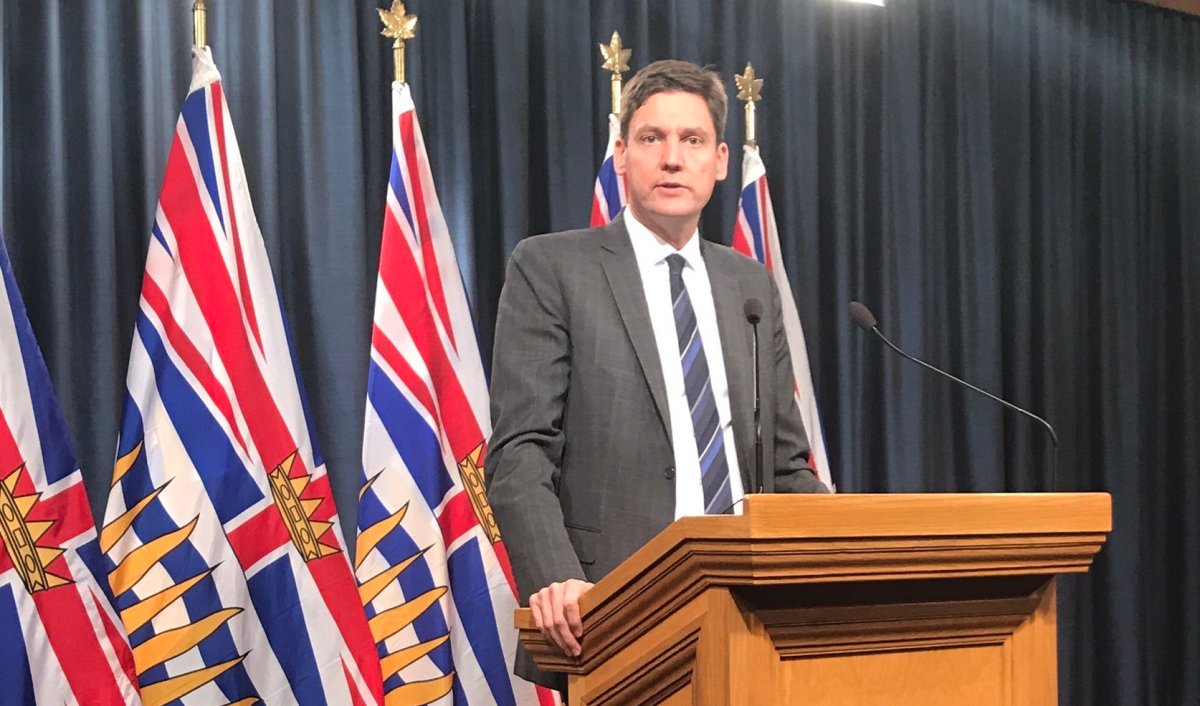As of May 1, former public-officer holders in British Columbia will be prohibited from lobbying the government for two years after they leave their positions.

The BC NDP promised in the 2017 election campaign that it would crack down on insiders having access to the government once they moved out of their government jobs.
“The prohibition balances the interests of having well-informed policy-makers who contribute to the democratic process, and ensures a level playing field for all lobbyists,” said Attorney General David Eby in a statement.
“It will eliminate the potential for undue influence, and the improper use of insider knowledge in lobbying.”
The way it works now is that people who previously held public offices can lobby the ones who currently serve in them.
The government is concerned that former officials may have insider knowledge and more influence over ex-colleagues than lobbyists who did not formerly work as public officials.
The new restriction applies to former cabinet ministers and parliamentary secretaries, deputy and associate deputy ministers, ministry CEOs, school boards, health authority boards, top university posts and a number of Crown corporations, among others.
MLAs who have not served in cabinet are not covered by the new rules.
“Our feeling was that MLAs didn’t have access to this insider information, which is what we were concerned about them potentially bringing to the role of being a lobbyist, and attempting to influence government policy,” said Eby last November when the legislation was introduced.
The new rules also require lobbyists to register the names of staff of ministers or MLAs they have lobbied or expect to lobby.
All existing fines and penalties under the Lobbyist Registration Act will remain. Those include administrative penalties of up to $25,000 for non-compliance, and penalties from $25,000 to $100,000 for people who are convicted of an offence.
The province said 62 administrative penalties have been handed out since 2012, with the average fine being $447, and $1,500 being the highest ever handed out.
- With files from Liza Yuzda and Simon Little




Comments